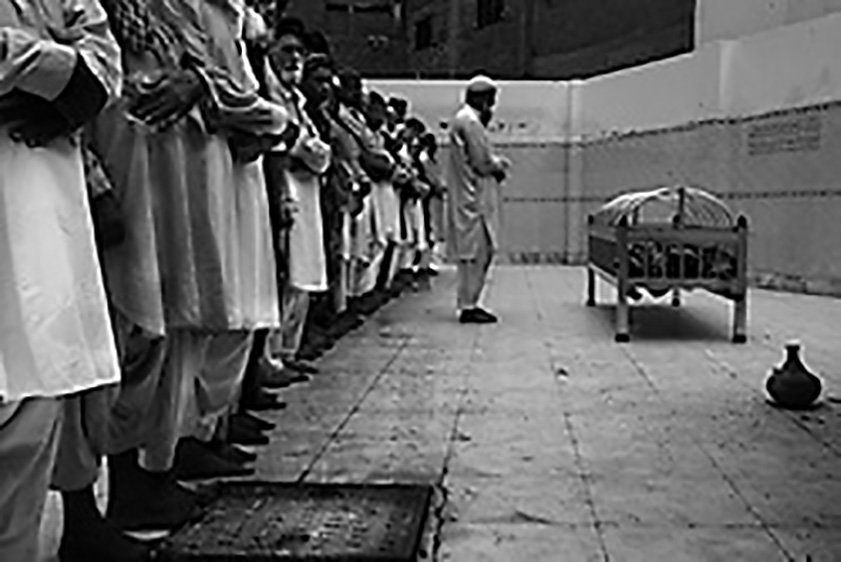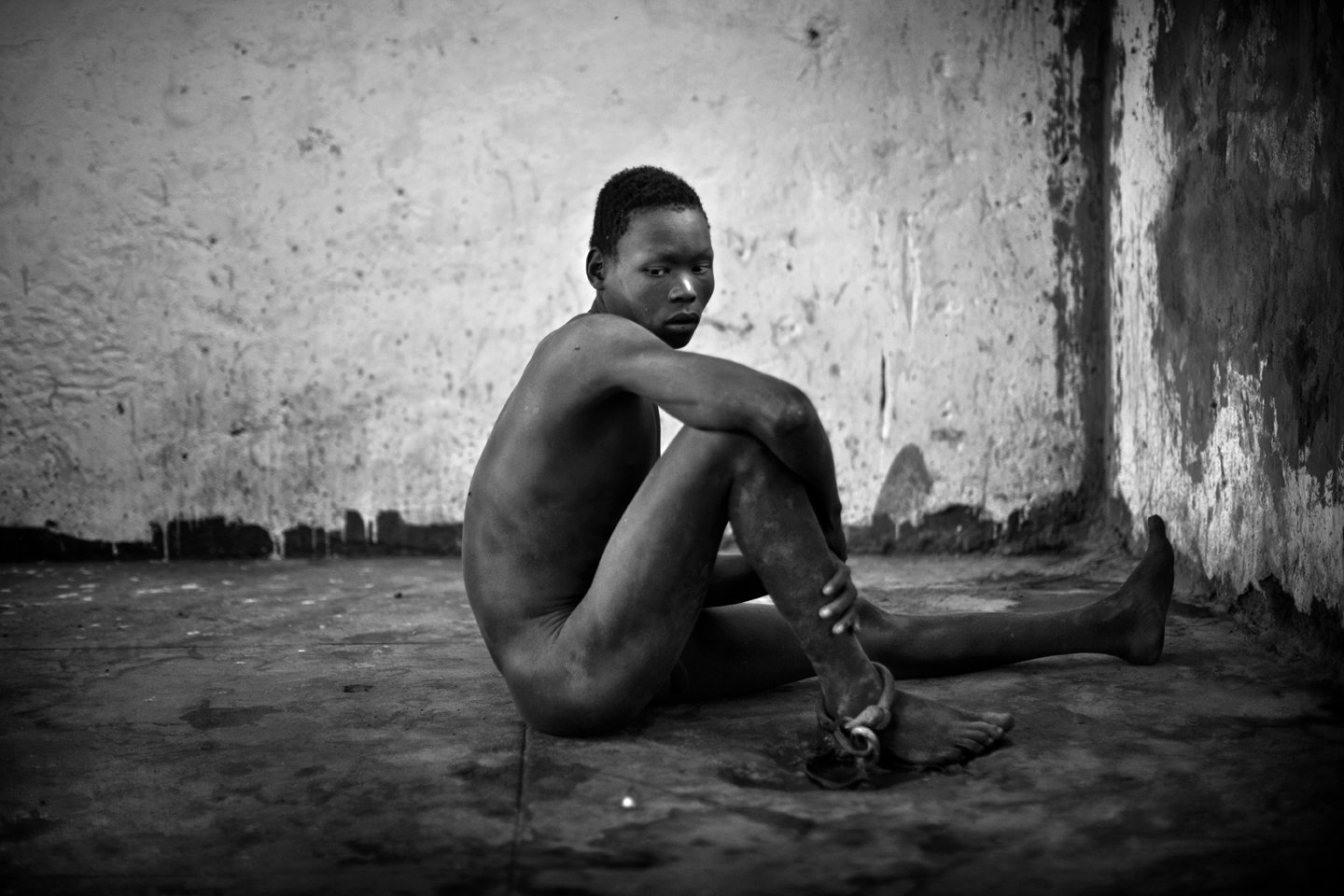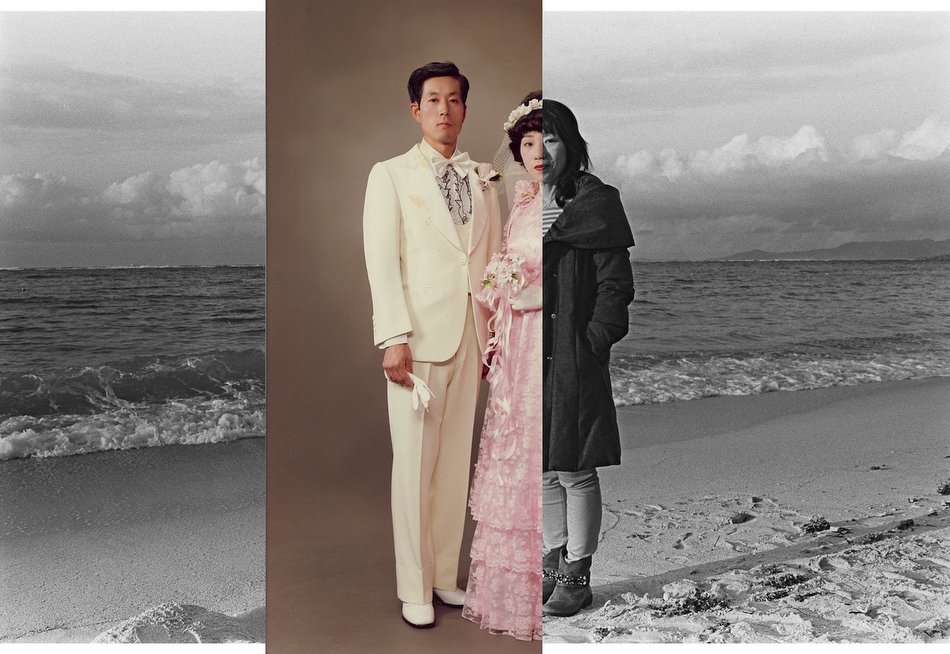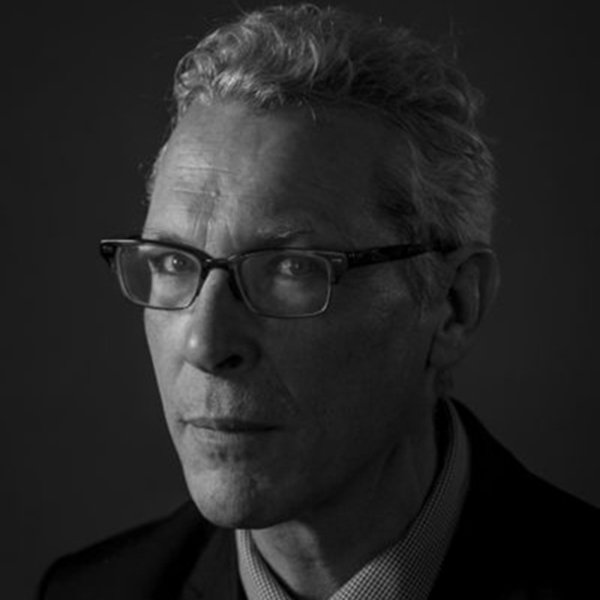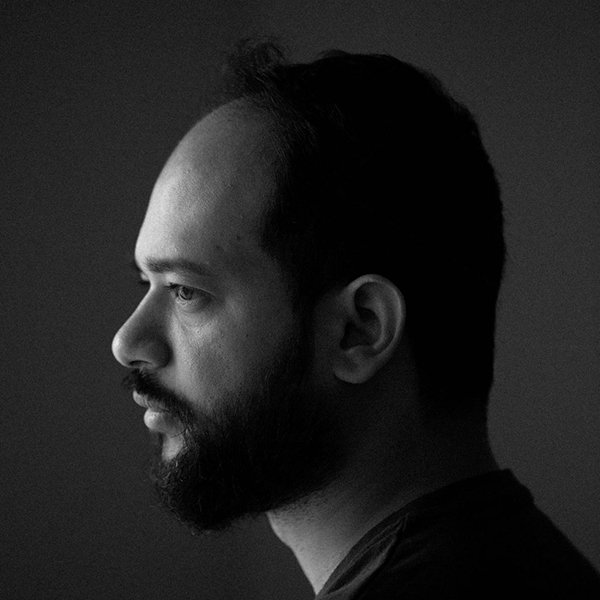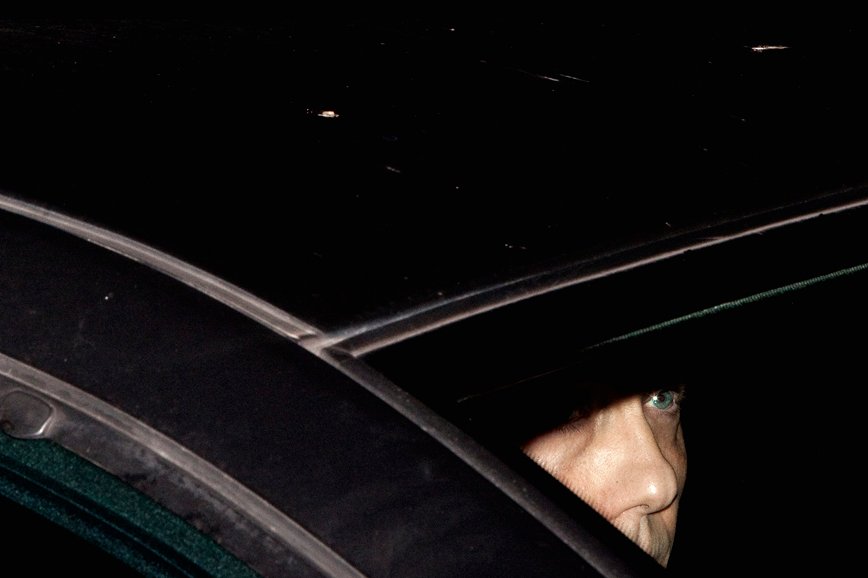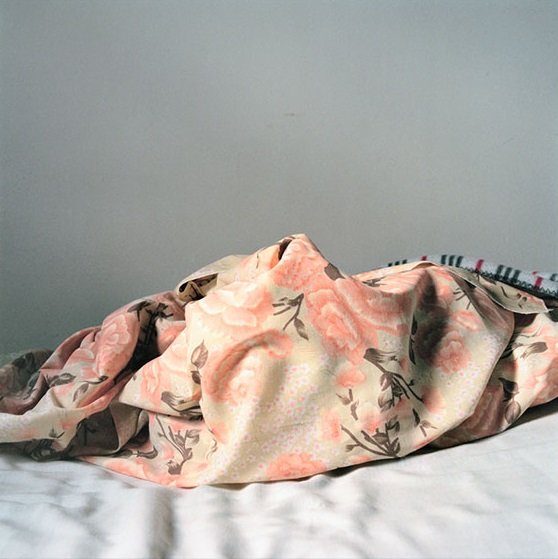Pakistan –
They are ghosts, and I have spent nearly two months trying to find any evidence of them. They are the 40 Pakistani men who remain imprisoned, without charge or evidence, by the Americans at the Bagram airbase in Afghanistan. They have not been seen or heard by anyone other than their immediate families who are granted carefully censored telephone and internet video call access. Some have been in what is one of America’s most notorious prison for over 11 years. Denied access to the press, human rights organizations and legal representation, these men have been silenced and erased, the evidence and rationale for their incarceration beyond the eyes, ears and focus of the public and the media. Until 2012 their own government refused to recognize them as citizens of Pakistan. They are ghosts and I have spent two months traveling across Pakistan trying to discover something – anything, about them.

© Asim Rafiqui
I have found the traces of these imprisoned men in the testimonies and stories told by their families – the children, wives, parents and siblings they left behind and who anxiously wait for their return, and determinedly fight for their release. Sitting in homes located in the deepest depths of the slums of Pakistan’s mega-cities, in small farming communities, and in remote settlements near the border with Afghanistan, I have heard tales of the men’s lives, childhood, dreams and hopes. And of the emotional and economic consequences inflicted on the lives of entire households. My journey has bought me in touch with some of the most economically marginal and desperate people I have ever met. And what I have felt as I have sat in their tenement rooms and mud homes, is a terrible shame and anger at the realization that not only has their own Government failed to live up to its responsibility, but that another nation – one that brags about its global economic might and unmatched military power, has chosen to torture, humiliate, and indefinitely incarcerate some of the poorest, and the most economically weak people I have ever met.
The intense scrutiny and criticism of the conditions of imprisonment at Guantanamo resulted in the prisoners there being granted a semblance of a legal process – access to a lawyer, trials in domestic courts, occasional but carefully censored visits by the press, and the periodic statement by the authorities desperate to show that the prisoners were being treated ‘well’ and in accordance with international law. Of course, all this has been merely propaganda. The hunger strikes and suicides have offered a shameful and shocking reality check, revealing the lies that the US military has been feeding the world about the situation in the prisons. The men, aware that there is no hope for a fair trial, and worse, of them being released, are desperate to kill themselves to end their suffering, humiliation and sense of hopelessness. Death is their only release.

© Asim Rafiqui
All this is taking place in a prison that has come degree of visibility and over-sight. We can only surmise what is happening inside a prison like Bagram where there is absolutely no over-sight or evidence of the treatment, physical and mental condition of the prisoners. Bagram is a true ‘black hole’ of American justice and sense of the law. It is a living evidence of the collapse of morality, humanity, and civilized discourse that has become so much of the post 9/11 United States of America. It is also an evidence of the deep racism and bigotry that underpins so much of America’s judicial policies in the wake of the ‘War Against Terror’. Furthermore, the continued imprisonment of these men is evidence of the mendacity and irresponsibility of the Pakistani government that has been an open and overt collaborator in the American war in Afghanistan and the frontiers of Pakistan, and whose intelligence agencies and military establishment sold Pakistani nationals to the Americans claiming they were ‘terror’ suspects.
One evening standing on a hill overlooking Paizoo Khan’s small mud house located close to the Afghan border, I was struck by incredible contrast between the dreams and aspirations of a man eking out a life at the periphery of society, and the grand, righteous, and arrogant rhetoric of an imperial power and its judgement of him. Down below I could see his wife washing clothes in a small stream, and the children attempting a game of cricket in the courtyard of their mud home. All around us were barren plains, and a few fields with barely enough crops to feed the household,. The mountains of Afghanistan stood majestically in the far distance. The previous day it had taken us nearly 6 hours of driving across dirt tracks and sand dunes to arrive at this small gathering of mud houses that Paizoo Khan and his brothers had inherited from their fathers, who in turn had inherited from their grandfathers. America was very far from here. It was impossible to even imagine reading about it, let alone think about coming into contact with it. And yet America had arrived here – vengeful, angry, blind and lost, and had exacted its revenge on a family too weak to withstand its might, too confused to answer its demands, too lost to respond to its logic.

© Asim Rafiqui
I will never forget the sound of Mohammad Islam’s gentle weeping as his brother’s children sat around me in a small mud dwelling telling me about what they remember of their father, Paizoo Khan, who has been in Bagram for the last three years. A truck driver moving goods between Pakistan and Afghanistan, he sought shelter in a home one night when his vehicle broke down, only to find himself in the midst of a NATO / ISF night raid, and eventually in Bagram. As we sat with the children that evening, Mohammad Islam’s heart just gave way, and the children’s sadness at the absence of their father, became his. He has cared for his brothers children and his two wives, and it has taken a terrible toll on the situation in the family. But it is their way, and it is his responsibility. To watch him play and tease the children as if they are his own, is to watch the meaning and idea of a family, and what makes it the pivot of life.
The images shown here are part of a campaign launched with Justice Project Pakistan (JPP) – a legal organization representing the families of the men as they attempt to use the court of law to pressure the Pakistani government to secure their release. These stories and more details about the legal, political and personal aspects of the cases can be found at http://www.jpp.og.pk/bagram. The campaign highlights the injustice inflicted on the men, and the devastation that has engulfed the lives of their families and is aimed at pressuring the American and Pakistani government to resolve the situation of the men. Today few raise their voices in support of the rights of these forgotten men, but the ghosts do speak. And others do remember.
© Asim Rafiqui
Written and Photography by Asim Rafiqui


